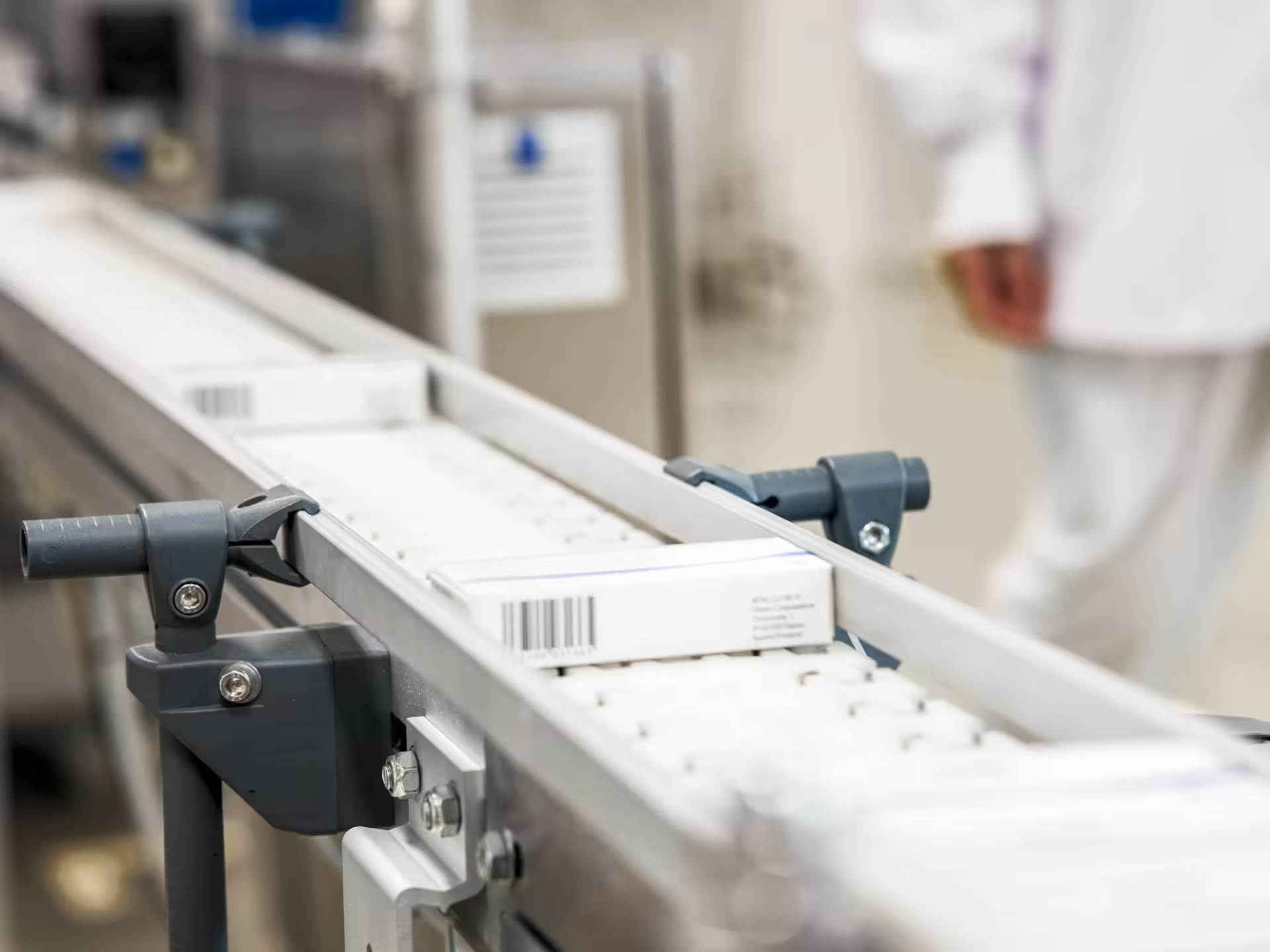Orion has studied the effects of oral levosimendan on respiratory function in patients with ALS and presented biomarker and pharmacokinetic data from previous studies, a systematic literature review on pharmacological effects of levosimendan, and baseline characteristics and status update on the progression of REFALS phase 3 study at the 30th International Symposium on ALS/MND in Perth, Australia last week. https://www.orion.fi/en/rd/scientific-publications/
Baseline characteristics and status update of REFALS: a phase 3 study comparing oral levosimendan to placebo in patients with ALS (poster CLT-18)
The REFALS trial studying the effects of oral levosimendan on respiratory function in patients with ALS, completed enrolment in July 2019. The trial enrolled 496 adult patients with definite, probable or laboratory supported probable ALS and some degree of respiratory dysfunction (sitting SVC 60-90%) at 104 clinical sites in 14 countries in EU, North America and Australia. Randomised patients are treated with oral levosimendan (target dose 2mg daily) or placebo for 48 weeks in a double-blind, parallel group design.
Baseline characteristics of the patients enrolled in REFALS are similar to those of other recent large clinical trials in ALS. Due to inclusion criteria, all patients in REFALS study have already had signs of decrease in their respiratory function. The patients enrolled in REFALS were on average 59.3 years of age, 61.9% percent male, and had experienced symptoms more than 2 years and had substantial disability based on the ALS-FRS-R score. Most patients were receiving riluzole and almost one third of patients in North America had started edaravone. Safety labs revealed relatively common increases in liver tests, low creatinine and frequently increased markers of muscle injury including CRP, creatine kinase and troponin T.
Mechanism of action of the cardiovascular drug levosimendan in the management of amyotrophic lateral sclerosis (poster TST-43)
Evidence of levosimendan increasing diaphragm function led to investigation for respiratory treatment of patients with ALS with levosimendan. As levosimendan has been linked to a range of pleiotropic actions, the mechanisms of actions that may be of relevance in the treatment of ALS were reviewed. Kira M. Holmström, PhD., senior scientist at Orion Corporation, presented data from a systemic literature review that collected evidence on the different pharmacological effects of levosimendan. A special focus was given to effects relevant to the pathophysiology of ALS and to the therapeutic needs of patients with ALS.
While the direct activity of levosimendan on skeletal muscle is clearly the main effect of interest in relation to ALS, a number of other pleiotropic effects of the drug raise some intriguing possibilities in the context of this disease. These effects should be confirmed in models more relevant to ALS, and include improved brain circulation, endoplasmic reticulum stress relief, prevention of programmed cell death, anti-oxidative and anti-inflammatory effect, and mitochondria-protective effects.
Oral levosimendan for amyotrophic lateral sclerosis: pharmacokinetic considerations (poster CLT-26)
Valtteri V. Aho, MD., Medical Adviser, Orion Corporation presented pharmacokinetic data from three studies conducted with oral levosimendan in patients with ALS, in patients with chronic heart failure, and in healthy volunteers. In all studies, the maximum daily dose of levosimendan was 2 mg.
The plasma concentrations of the parent drug levosimendan and those of its metabolites increased dose-proportionally. With constant oral daily dosing the steady state plasma concentration of the active metabolite, OR-1896, was expected in two weeks and no accumulation thereafter was noted even with prolonged treatment up to 180 days.
Biomarker analysis in oral levosimendan phase 2 clinical trial LEVALS (poster BIO-11)
To investigate further the effect of levosimendan in ALS patients and to understand disease progression, clinical chemistry measurements and exploratory biomarkers from patients in the 6 month open-label extension of the LEVALS study were analysed. Kira M. Holmström, PhD, senior scientist, Orion Corporation, presented data on selected biomarkers, including markers for muscle wasting, creatine kinase and creatinine, the energy metabolism enzyme and tissue damage indicator lactate dehydrogenase (LDH), liver function related enzymes alkaline phosphatase (ALP) and gamma-glutamyl transferase (GGT), and albumin. These markers have also been suggested to reflect level of oxidative stress. Exploratory biomarkers included the neuronal damage indicator neurofilament light chain (NFL) and inflammatory biomarkers, such as angiogenin.
A number of laboratory variables, collected routinely to monitor safety in the LEVALS study, demonstrated changes over time that may reflect progression of ALS. Such routine markers may have additional value in managing patients with ALS and in future clinical trials.
“We are excited to explore potential biomarkers in ALS to contribute to the knowledge of the disease progression, and to ultimately understand how such marker could be used for better and more targeted treatment of patients with ALS”, said Christer Nordstedt, MD, PhD, Senior Vice President, R&D, Orion Corporation.
About levosimendan
Intravenous levosimendan is an inodilator that has been used to treat acute heart failure since 2000 and is approved in nearly 60 countries worldwide. Levosimendan was discovered in Orion in 1990’s. Phase 3 clinical trial REFALS (NCT03505021, www.clinicaltrials.gov) studying the effects of oral levosimendan in patients with ALS is ongoing.
About Orion
Orion is a globally operating Finnish pharmaceutical company - a builder of well-being. Orion develops, manufactures and markets human and veterinary pharmaceuticals and active pharmaceutical ingredients. The company is continuously developing new drugs and treatment methods. The core therapy areas of Orion's pharmaceutical R&D are central nervous system (CNS) disorders, oncology and respiratory diseases for which Orion develops inhaled Easyhaler® pulmonary drugs. Orion's net sales in 2018 amounted to EUR 977 million and the company had about 3,200 employees at the end of the year. Orion's A and B shares are listed on Nasdaq Helsinki. For more information, go to www.orion.fi/en.
Contact persons:
Taru Blom, Vice President, Therapy Area CNS, Easyhaler® and Animal Health, Research and Development, Orion Corporation
Tel. +358 10 426 7836
taru.blom@orion.fi
Media Contacts:
Terhi Ormio
Vice President, Communications, Orion Corporation
Tel. +358 (0)50 966 4646
terhi.ormio@orion.fi
Publisher:
Orion Corporation
Communications
Orionintie 1A, FI-02200 Espoo, Finland







